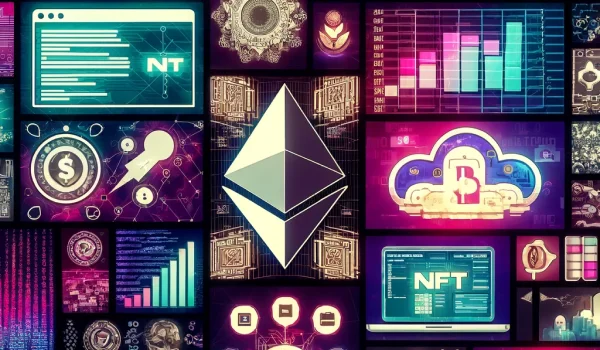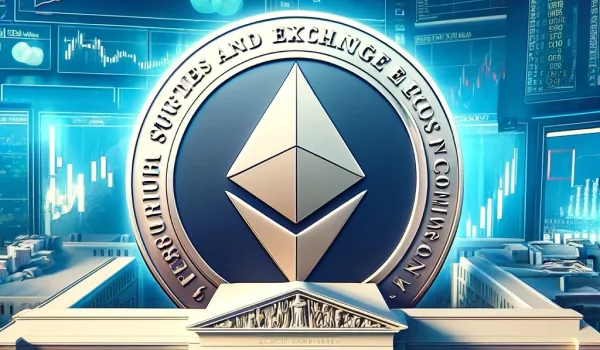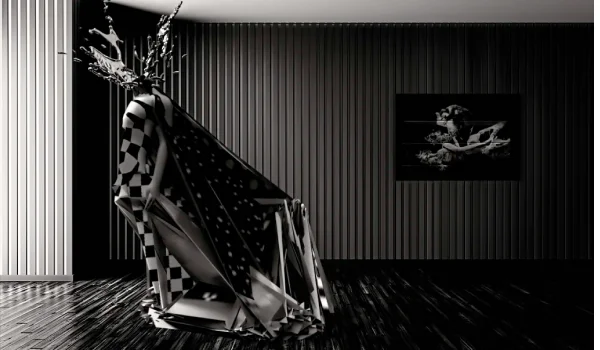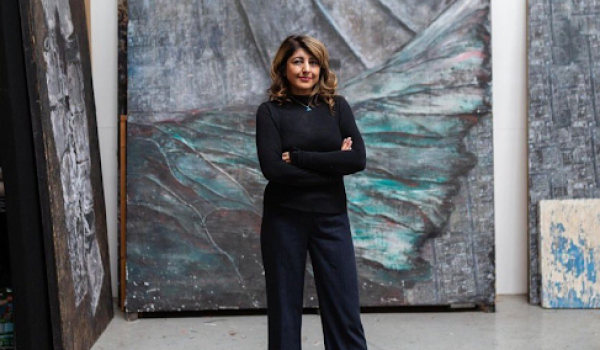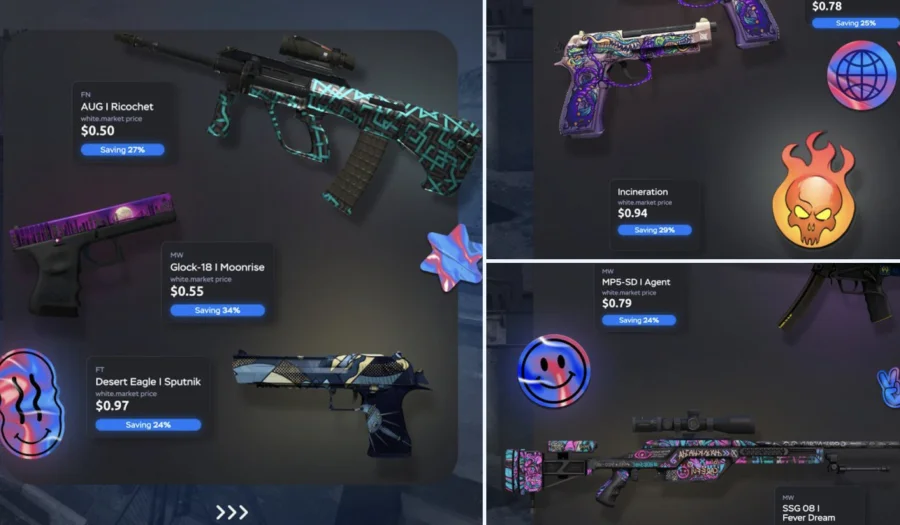Yuga Labs is known for a top NFT collection, Bored Ape Yacht Club (BAYC). They have decided to stop supporting OpenSea. This choice is due to a shift in OpenSea's practice of royalties. OpenSea is to stop its royalty enforcement tool, Operator Filter. This news was shared on Saturday by Yuga Labs.
They are making a slow exit from OpenSea's marketplace. The goal is to finish this by February 2024.
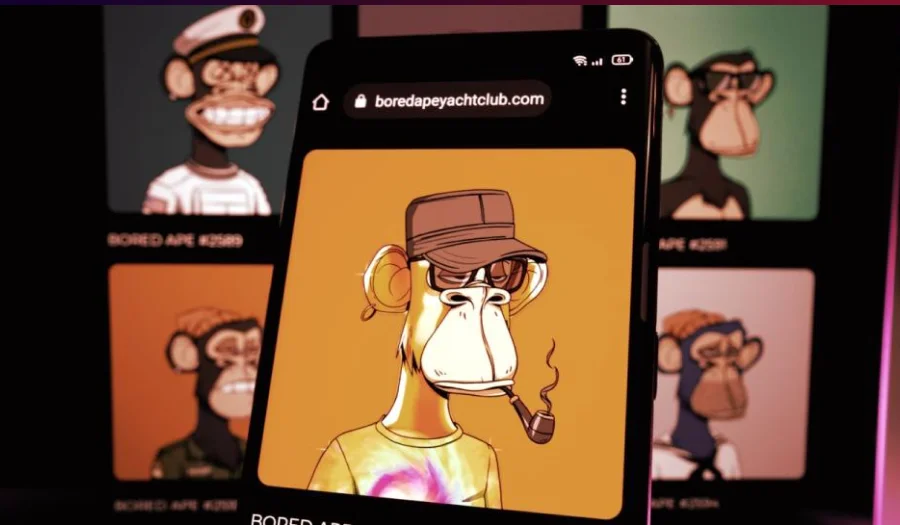
Operator Filter: A Royalties Guardian
OpenSea launched Operator Filter in the previous November. It supported creators by filtering the places where their NFTs could be sold. The tool would only allow sales on platforms that respect creator royalties. This left out platforms like Blur from these sales.
OpenSea announced the end of Operator Filter for August's end. This decision was due to less use of this tool. Other reasons were the avoidance of the tool by platforms and negative reactions from creators.
Yuga Labs took to Twitter after OpenSea made this announcement. They shared plans to end their support for OpenSea's marketplace. This step was to protect creator royalties. They want creators to earn fair pay for their work.
Bored Ape Yacht Club (BAYC) community viewed this positively. Other NFT project founders and creators also agreed.
NFT Community Supports Yuga Labs' Decision
Aside from the BAYC community, Yuga Labs' move was supported by other creators and NFT projects. One example is Dotta, NFT CEO of Forgotten Runes Wizards Cult. He expressed approval of Yuga Labs' decision. He indicated that creators have the power to move to marketplaces that prioritize their royalty payments.
Luca Netz, CEO of Pudgy Penguins NFT project, gave a hint. His project may go in the same direction as Yuga Labs.
The subject of creator royalties stirs debate among the NFT community. Initially, NFTs that came up in 2021 practiced royalty enforcement. Blur, however, disrupted this practice after its entry in October 2022. Blur provided a no trading fee model and optional payment of creator royalties. These actions led to lower trading fees and royalty percentages. Marketplaces were in competition for users.
Now, there exists a split in the NFT community. Some prefer Blur's cheaper trading model and suggest other ways to pay creators. Others are for royalty payment. Yuga Labs' split from OpenSea is proof of these dynamics.
Yuga Labs' news was hailed by BAYC members. Others also showed support. Content creators and heads of major NFT projects joined in. Dotta, leading the Forgotten Runes Wizards Cult NFT, cheered Yuga Labs on. He underlined the potency of creators to affect market behaviour. Luca Netz, head of Pudgy Penguins NFT, also hinted at following Yuga Labs.
It’s Becoming Mainstream
The topic of creator royalties sowed discord among NFT enthusiasts in the past year. Mainly, royalties for creators were a common feature of the 2021 NFT surge. Then things changed. Blur joined the scene in October 2022 and shook everything up. How? By offering no trade charges and optional royalties for creators.
The result? A drop in both trading costs and royalties. Platforms vied for users. The NFT clan is now split. Some love Blur's cheap trading. They suggest other ways to pay creators. Others still back royalties staunchly.
Once Yuga Labs parted ways with OpenSea, the trade noted. It underscored the increasing weightage of creator royalties. Some projects showcased an intent to treat their creators justly.
The NFT arena is still morphing. The issue of creator royalties remains hot. Will marketplaces create a middle ground? A place where user affordability and fair creator pay exist in harmony? It’s uncertain.
But Yuga Labs' experiments may inspire broader discourse. It might even nudge the NFT community in new directions. We'll wait and see.


 3 mins read
3 mins read